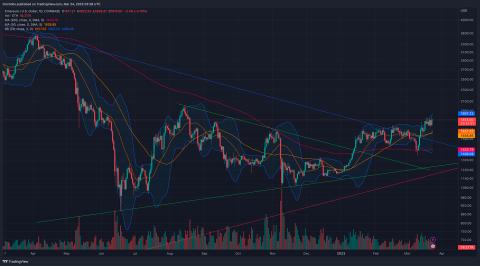Embracing Entrepreneurial Thinking for Leadership Success

Entrepreneurial courage transcends the confines of a well-crafted business plan; it embodies a lifestyle. In today's dynamic landscape, leaders are compelled to embody qualities such as competence, innovation, adaptability, and an openness to change. They must think like entrepreneurs. Beyond mere competence, a leader must possess visionary prowess, effectively articulating their ideas to essentially "sell" their vision.
Reflecting on my tenure as a corporate trainer, where I sculpted leaders, I observed a common trait among the most successful ones—they operated as entrepreneurs within their roles. Rather than awaiting top-management directives, they proactively addressed challenges, taking initiative and displaying a profound sense of ownership. This mindset aligned seamlessly with my teachings, emphasizing that when problems arise in the company, they become personal problems for the leaders. This is the essence of true leadership.
Thinking like an entrepreneur extends beyond troubleshooting; it involves recognizing and seizing opportunities—a crucial element in today's competitive workplace. Competitive advantage, I argue, can rival intellectual prowess in its impact, depending on the context.
Whether one is an employee in a corporation or a small business owner, the ability to think like an entrepreneur is indispensable. Modern companies seek resourceful, forward-thinking individuals open to change—qualities encapsulated in entrepreneurial thinking.
Drawing from experience, I can attest that those who ascend the corporate ladder are problem solvers and avid learners of cutting-edge practices. More significantly, they leverage their knowledge to create a competitive edge, differentiating themselves as resource producers rather than mere consumers. These individuals not only identify opportunities but also contribute to the company's innovative evolution, alleviating the challenges faced by top executives.
The hindrance to progress often stems from employees hesitant to assume the role of business owners. Adopting a 'wait and see' approach to challenges rarely yields positive outcomes. As I used to counsel young managers, very few problems improve with time—much like wine and cheese.
In the contemporary business landscape, leaders must be agile, accountable, and swift in responding to both challenges and opportunities. They need to be well-versed in their industry, possess visionary thinking, and excel in communication. Ultimately, they must differentiate their company and establish a competitive advantage.
In conclusion, true leadership demands a holistic understanding of the industry and the ability to think like an entrepreneur. It is a mindset that propels leaders to be proactive, innovative, and pivotal in steering their organizations towards success.











